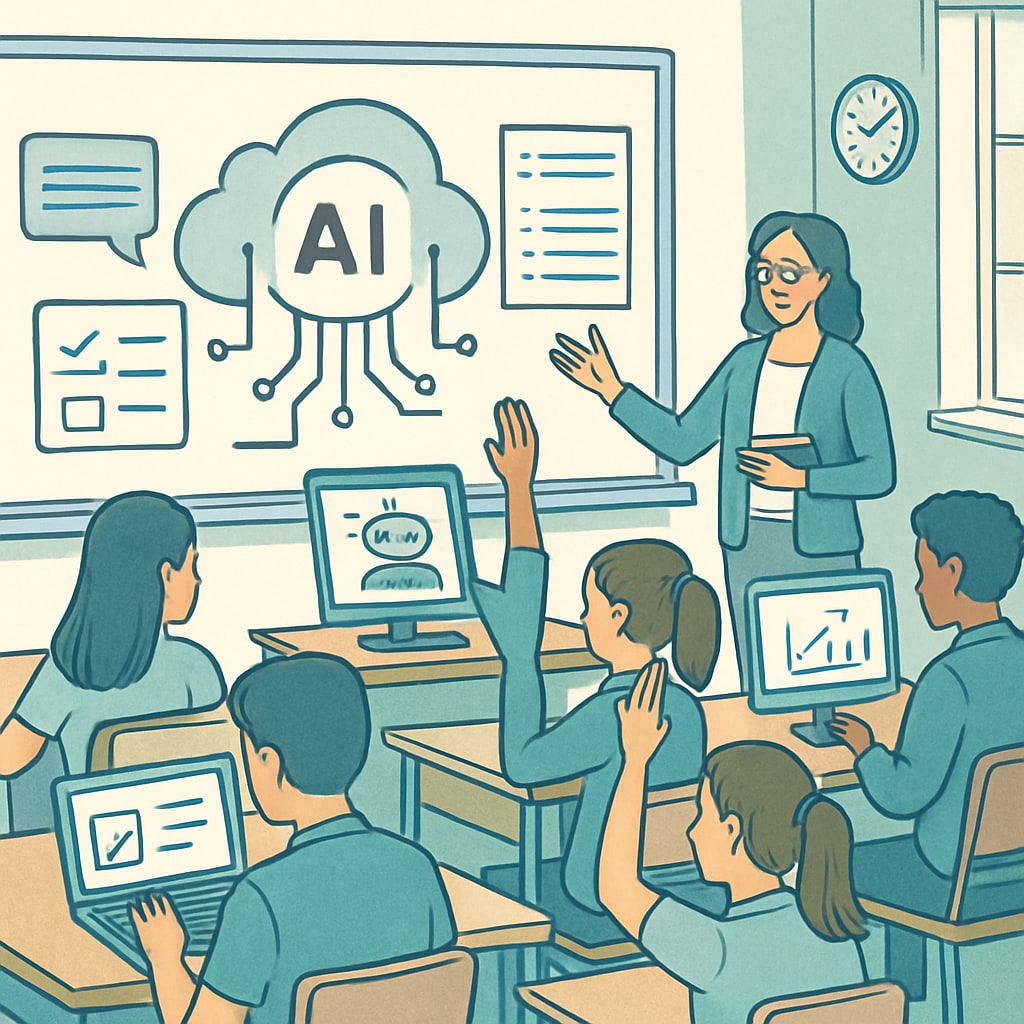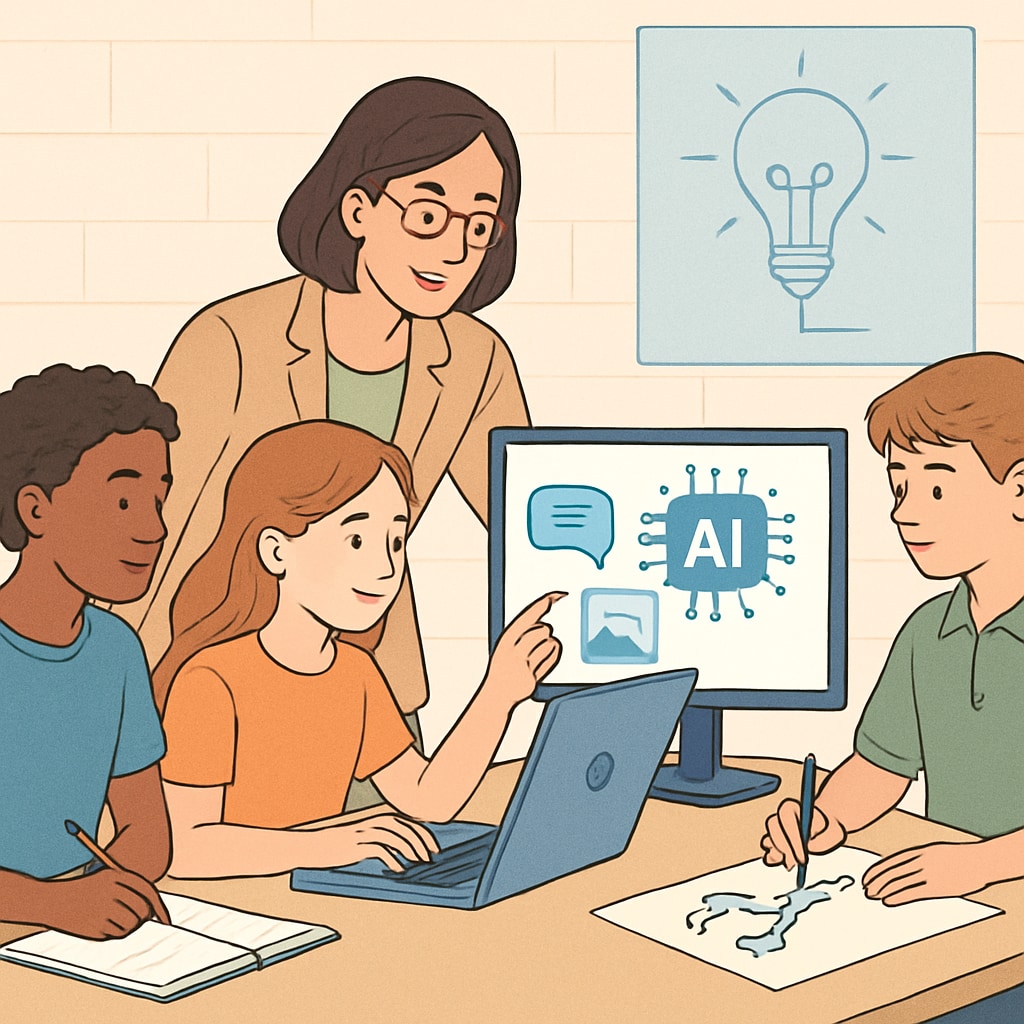The rise of artificial intelligence (AI) is revolutionizing every aspect of society, including education systems worldwide. In this new era, traditional methods of talent identification, like competitive exams, struggle to remain relevant. The intersection of artificial intelligence, competitive exams, and employee selection highlights the urgent need to reform K12 education evaluation mechanisms to better identify and nurture authentic talent.
Challenges Facing Traditional Competitive Exams in the AI Era
Competitive exams have long been a cornerstone of K12 education, designed to measure knowledge, problem-solving skills, and academic potential. However, with the advancement of AI, these exams face numerous challenges:
- Lack of adaptability: Traditional exams often focus on rote memorization and standardized testing, which fail to account for diverse learning styles and creative thinking.
- Limited scope: Current systems primarily assess knowledge acquisition rather than practical application or critical thinking, which are vital in an AI-driven economy.
- AI-driven cheating risks: The rise of AI tools, like ChatGPT, enables students to bypass traditional exam protocols, raising questions about fairness and integrity.
As a result, educators and policymakers must rethink how competitive exams can align with the demands of a rapidly evolving technological landscape.

Reimagining Education Evaluation for Real Talent Discovery
The AI era calls for a paradigm shift in education evaluation. To address the shortcomings of traditional competitive exams, here are some proposed changes:
- Holistic Assessment: Introduce evaluation methods that measure creativity, collaboration, and emotional intelligence alongside academic performance.
- AI Integration: Utilize AI-driven tools to personalize assessments, ensuring they reflect individual strengths and learning progress.
- Practical Application: Focus on project-based learning and real-world problem-solving to prepare students for future challenges.
- Ethical AI Usage: Implement strict guidelines to prevent misuse of AI tools during exams while promoting their ethical application.
For example, Finland has incorporated project-based assessments into its national curriculum to emphasize practical skills over standardized tests. Such models can inspire broader adoption globally.

The Role of Policymakers and Educators in Reform
Reforming competitive exams requires collaboration among educators, policymakers, and technology developers. Key steps include:
- Policy Development: Governments must establish frameworks that support innovative assessment models and regulate AI usage in education.
- Teacher Training: Educators need training to effectively integrate AI tools into teaching and evaluation processes.
- Global Collaboration: International organizations, like UNESCO, can facilitate knowledge sharing and best practices for AI integration in education.
For further insights into AI’s impact on education systems, visit Education in the AI Age on Wikipedia or explore Artificial Intelligence on Britannica.
As the world embraces AI, rethinking how we evaluate talent in K12 systems is not just a necessity—it’s an opportunity to unlock human potential in ways previously unimaginable.
Readability guidance: This article uses concise paragraphs, lists, and transitions (e.g., however, as a result, for example) to ensure clarity and accessibility. Passive voice has been minimized, while active voice dominates for a direct and engaging tone.


